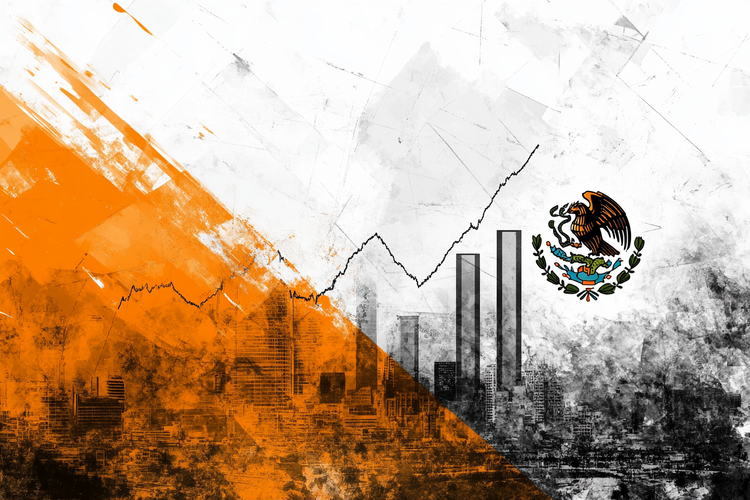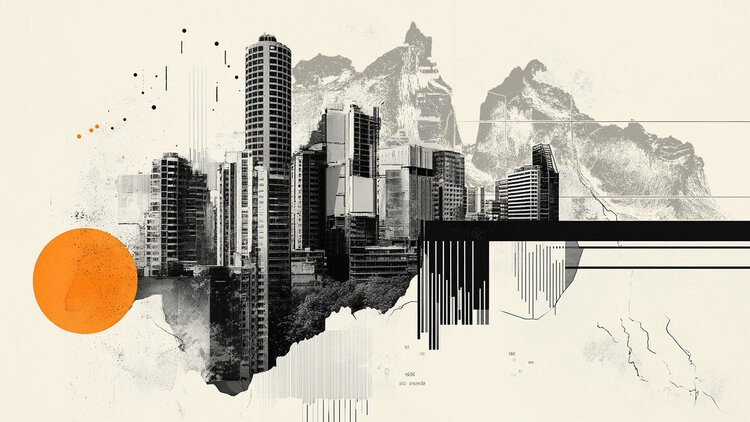Violence, human and drug trafficking are some of the problems faced by Myanmar refugees living today in the town of Cox’s Bazar, Bangladesh. They are part of the Rohingya people, who are facing one of the longest humanitarian crises in recent history.
In Myanmar, a country with a Buddhist majority, the persecution of the Rohingya, who form the Muslim minority, has lasted at least 50 years, and also includes legal measures, such as the citizenship law of 1982, which denied these people nationality.
In 2017, escalating violence prompted hundreds of thousands of Rohingya to flee to neighboring Bangladesh. At the time, the UN recommended the conviction of Myanmar military leaders for crimes including genocide.
Although Bangladesh has welcomed the refugees, there is a law that prohibits marriages with Rohingyas, and the country has put in place mechanisms to restrict children’s access to local schools. More recently, the local government restricted cell phone services in the camps, closed schools that operated without registration, and surrounded the entire area with barbed wire, in addition to expelling several humanitarian aid NGOs that worked with this population.
In addition, in February of that year, the UN World Food Program announced for the first time a reduction in the monthly amount granted for food per person: from US$ 12 to US$ 10.
With the drop in collections, this value can drop even more, to as little as US$ 6, about US$ 0.20 per day. At the same time, the price of rice, a staple food in Bangladesh, has risen by 30% compared to last year.

Today, refugees are spread across more than 30 camps that together form the largest and most densely populated refugee camp on the planet. The region is vulnerable to climate tragedies due to monsoon rains, especially as it is located in an area without plant protection. Also due to the local conditions, a fire in March of this year reached catastrophic proportions, leaving around 12,000 homeless – half of them children.
In this scenario, human trafficking is so common that many seem resigned to the disappearance of people.
“Every month, we receive at least 60 cases of girls repatriated from India who have been victims of trafficking”, says Wahida Idris, director of BNWLA (Bangladesh National Women Lawyers Association), when CNN Freedom Project – “O Filho Roubado” – which airs this Sunday at 21:30.
One more problem for Bangladesh, which was once considered the least developed country in the world. With an area slightly smaller than the state of Ceará, it is among the most populous, with nearly 170 million people.

According to a recent survey carried out by the USIP (United States Institute of Peace), today 70% of the population of Bangladesh who live in the region of refugee camps consider that their life has worsened after the arrival of the Rohingya and support their immediate removal back to Myanmar. Something the Bengali government has been trying to do.
In early May, Myanmar authorities took 20 refugees to Myanmar. The objective was to promote a visit to resettlement camps that are part of a pilot project to repatriate 1,100 Rohingya.
However, UN experts are expected to call for a halt to any repatriation talks before guarantees of a safe return are given. “Bangladesh authorities must not forget the reasons why the Rohingya became refugees and recognize that none of these factors have changed,” said Shayna Bauchner of Human Rights Watch Asia.
The estimated 600,000 Rohingya who remained in Myanmar after the exodus now live in squalid camps and villages. A situation that leaves them even more vulnerable to extreme events, such as Cyclone Mocha, which swept through the region in May and left 145 dead. Most were Rohingya people.
Source: CNN Brasil
Bruce Belcher is a seasoned author with over 5 years of experience in world news. He writes for online news websites and provides in-depth analysis on the world stock market. Bruce is known for his insightful perspectives and commitment to keeping the public informed.







